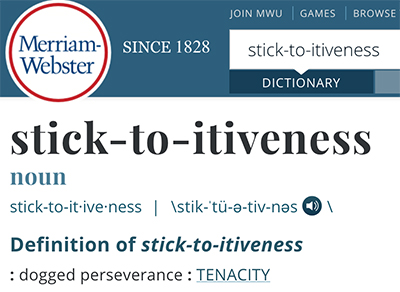Susan Rubenstein DeMasi
Imagine: no sick days, a full-time salary so low that you need a second or even third job to pay your bills, rising health care fees that carry absurdly high deductibles and co-pays and job protections that… oh wait. Job protections? Fuggedaboutit. We all have friends and relatives who survive this way. It’s almost embarrassing (and it shouldn’t be) when they hear about our working conditions, our protections, our benefits—all of which are standard in other first world nations, and all of which, in our case, come from having a strong union. As unions and the values they represent come increasingly under attack, many of us feel obliged to "stick to the union." Those members who’ve spent time working in non-union environments are especially appreciative. Prof. Davorin "Dave" Dujmovic (Mathematics, Grant) previously worked in a non-union state system and at a private university. He remembers clearly what he did not have, including comprehensive healthcare and peer representation in the tenure and promotion process. In one of those past jobs, salaries were not governed by contract and seniority, but more arbitrarily: "The pay was determined by one or two individuals and it was different depending on department, budget issues and the personal preferences of administration," he explained. Excellent health care coverage and adequate sick leave are also important to our members. It’s almost hard to envision the situation described by Krista in her previous employment: "We had no paid sick or personal days for the first six months, and it was not clear after that time how many we received." Although she tried to find an employee handbook, or anything that would outline such benefits, she said such a document was "the stuff of legend, apparently, because it never materialized. The rules were unstated, which was unsettling for employees and liberating in the worst possible way for those deciding their fate." Alexandra Belanich (Center for Innovative Pedagogy, Ammerman) can relate to this, looking back on her own time in a non-union environment. "It was always a struggle to get time off, even for being sick. There were no health insurance benefits so I had to purchase my own, which was very expensive. Being part of a union solved these problems and gave me peace of mind." Such workplace injustices are, thankfully, things of the past for Dave, Krista, Alexandra and other FA members who worked in similar environments. "It was such a joy to become a part of the SCCC team because my mind was made available to focus on doing good work, rather than fraught by the looming threat of termination or losing pay due to illness or emergencies," explained Krista. "The FA works to foster a safe and healthy work environment, which allows us to channel our energies toward what we are here to do: nourish our students’ minds." Dave echoes these sentiments, adding that when he came here in 2009, he chose SCCC over two other job offers. His main reason: "I knew there was an organized union in place." Dave worries that the continuing anti-union climate in much of the nation will erode the gains made in the American workplace in the past century. In his vision, such an environment would mean powerless workers, with "lower pay and fewer benefits, no representation, and secrecy in any kind of promotion process." Challenges to tenure, forced early retirements and reduced and more expensive healthcare are also part of this nightmarish scenario. Krista points out that her previous experiences "fortified my preexisting stance as a unionist. I hope that all of those who are eligible for membership in the FA join or remain members because the terms of employment that we experience as SCCC faculty members didn’t happen by accident and they can certainly vanish as a result of apathy." The recent midterm elections brought some optimism, and even some karma when former teacher Tony Evers defeated anti teachers’ union crusader (and incumbent) Scott Walker in the Wisconsin governor’s race. The solidarity that Dave, Krista, Alexandra and so many others feel (100 percent of full-time and almost 90 percent of part-time faculty have signed on as union members – go us!) can only bode well as we head into contact negotiations and future election cycles. In the medical world, a nonunion is a fracture that fails to heal. In our world, going non-union would mean negating the "healing" that more than a century of labor struggles brought to the workplace. "We surely don’t want to let that waste away now," says Dave. |
